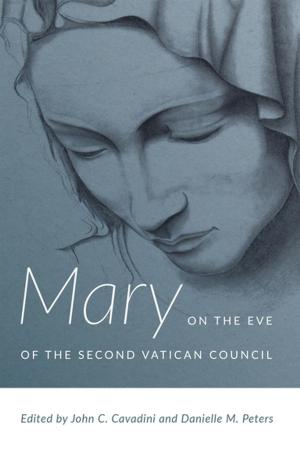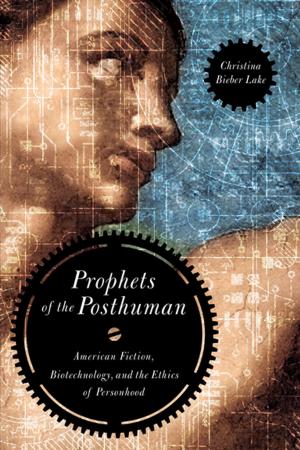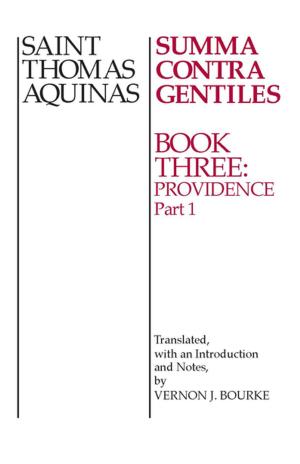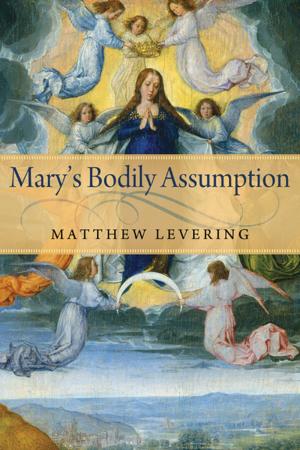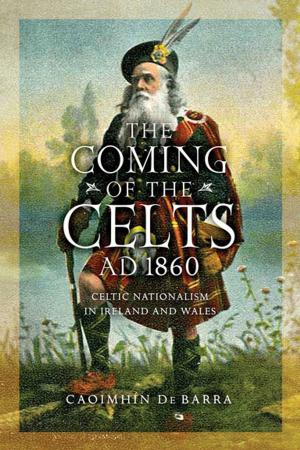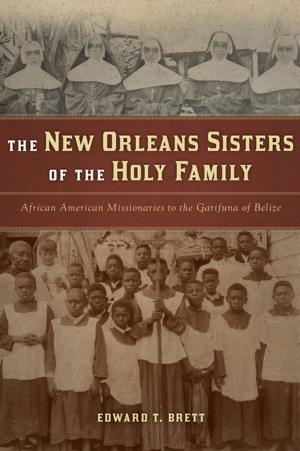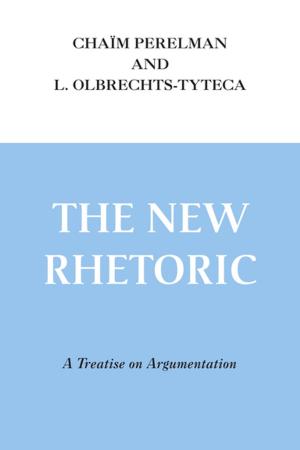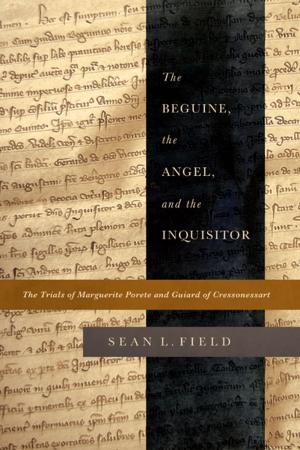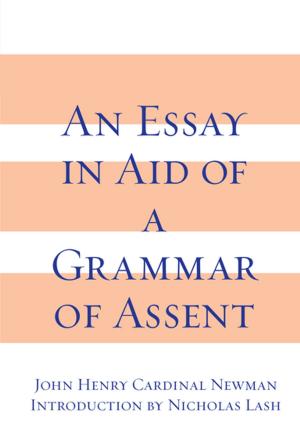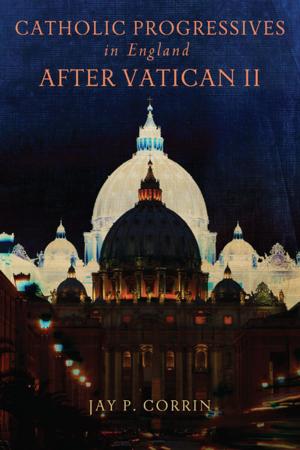Debating Medieval Natural Law
A Survey
Nonfiction, Reference & Language, Law, Natural Law, Religion & Spirituality, Philosophy, Medieval| Author: | Riccardo Saccenti | ISBN: | 9780268100438 |
| Publisher: | University of Notre Dame Press | Publication: | October 15, 2016 |
| Imprint: | University of Notre Dame Press | Language: | English |
| Author: | Riccardo Saccenti |
| ISBN: | 9780268100438 |
| Publisher: | University of Notre Dame Press |
| Publication: | October 15, 2016 |
| Imprint: | University of Notre Dame Press |
| Language: | English |
In Debating Medieval Natural Law: A Survey, Riccardo Saccenti examines and evaluates the major lines of interpretation of the medieval concepts of natural rights and natural law within the twentieth and early twenty-first centuries and explains how the major historiographical interpretations of ius naturale and lex naturalis have changed. His bibliographical survey analyzes not only the chronological evolution of various interpretations of natural law but also how they differ, in an effort to shed light on the historical debate and on the medieval roots of modern human rights theories. Saccenti critically examines the historical analyses of the major historians of medieval political and legal thought while addressing how to further research on the subject. His perspective interlaces different disciplinary points of view: history of philosophy, as well as history of canon and civil law and history of theology. By focusing on a variety of disciplines, Saccenti creates an opportunity to evaluate each interpretation of medieval lex naturalis in terms of the area it enlightens and within specific cultural contexts. His survey is a basis for future studies concerning this topic and will be of interest to scholars of the history of law and, more generally, of the history of ideas in the twentieth century.
In Debating Medieval Natural Law: A Survey, Riccardo Saccenti examines and evaluates the major lines of interpretation of the medieval concepts of natural rights and natural law within the twentieth and early twenty-first centuries and explains how the major historiographical interpretations of ius naturale and lex naturalis have changed. His bibliographical survey analyzes not only the chronological evolution of various interpretations of natural law but also how they differ, in an effort to shed light on the historical debate and on the medieval roots of modern human rights theories. Saccenti critically examines the historical analyses of the major historians of medieval political and legal thought while addressing how to further research on the subject. His perspective interlaces different disciplinary points of view: history of philosophy, as well as history of canon and civil law and history of theology. By focusing on a variety of disciplines, Saccenti creates an opportunity to evaluate each interpretation of medieval lex naturalis in terms of the area it enlightens and within specific cultural contexts. His survey is a basis for future studies concerning this topic and will be of interest to scholars of the history of law and, more generally, of the history of ideas in the twentieth century.

